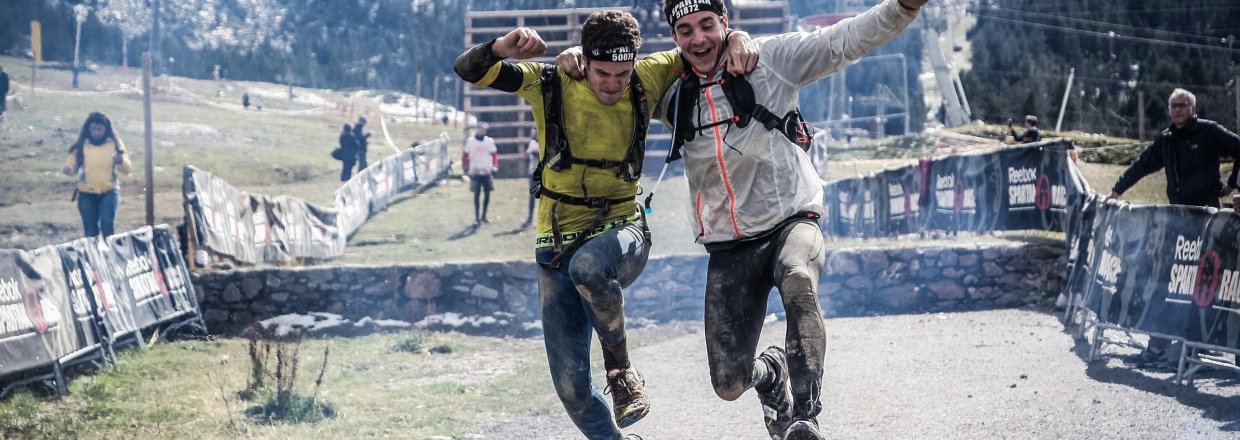Ryan is an experienced physiotherapist and a ‘jack of all trades’ when it comes to sports, but his specialism lies in kayaking, in which he’s competed internationally for Great Britain.
Ryan is still heavily involved in the sport – coaching juniors and more recently acting as a physio, coach and mentor to Heart FM radio presenter Gemma Hill as she successfully kayaked from London to Birmingham in just five days (something which has never been done before).
Ryan’s passion for sport and endurance challenges has previously seen him set up and complete the ‘24Severn’; a challenge event which involved running, cycling and kayaking the length of the river Severn (220 miles) in 24 hours.
We tapped into Ryan’s expertise in extreme events and asked him to provide us with five physio tips for anyone looking to take on an endurance challenge this year.
1. Grade your training
Your body is only designed to withstand forces that you normally put it through day to day. By changing your activities or efforts too quickly or dramatically, without giving your body time to adapt, there is a risk of injury.
The best way to avoid this is to limit your progress to no more than 10% extra each week – be it duration, distance, repetitions or sets.
When completing continuous exercise it's always wise to increase your distance and duration using intervals so that you have regular short rests. You can then gradually wean off the rests once you have become accustomed to the increased activity.
2. Condition the whole body
It is vital for both your brain and your body to train in a variety of ways and not just the activity you plan on competing in. Monotony will hinder your progress if you repeat the same exercise or session day in day out, as you’ll soon begin to hate the sport before you’ve even got to the event!
You also risk limiting your development by only training in that one activity. The body has a lot of muscles which do a lot of jobs. If you strengthen and train the muscles which stabilise the joint you will get better outcomes when you use the muscles that move the joint.
3. Prioritise technique first
A good analogy here is that of a car. If the tracking of the car is off, you risk wearing out the tyres sooner.
Correct the tracking in the early stages and the tyres will last longer. With this in mind, injury prevention is better than a cure and in the early stages of training, technique and posture are more important than effort.
4. Prehab and rehab
‘No pain no gain’ is possibly the worst phrase ever used. Sure, if your lungs are burning at the end of a 10km run, push through it. But that sharp knee pain that comes on after 5km and lasts for three days afterwards is probably not ‘lactic acid’.
Make sure you listen to your body. As a very basic rule you should stop when you’re in pain, ice the area regularly and rest until you’ve fully recovered.
For additional recovery and benefits, make sure that you stretch and strengthen the muscles which are being used most. Strength gains will be limited if your muscle length is limited.
A trip to the physio can be a great way to get professional training advice and a bespoke strength and conditioning exercise plan to ensure that your body is working at its optimum.
5. And finally, sleep!
Make sure you’re getting your Z’s. This one can be difficult when you lead a busy life but it’s absolutely key to your success.
Sleep is when your body will be healing and adapting the most, so it is vital that you get your rest if you want to see yourself develop and progress.
